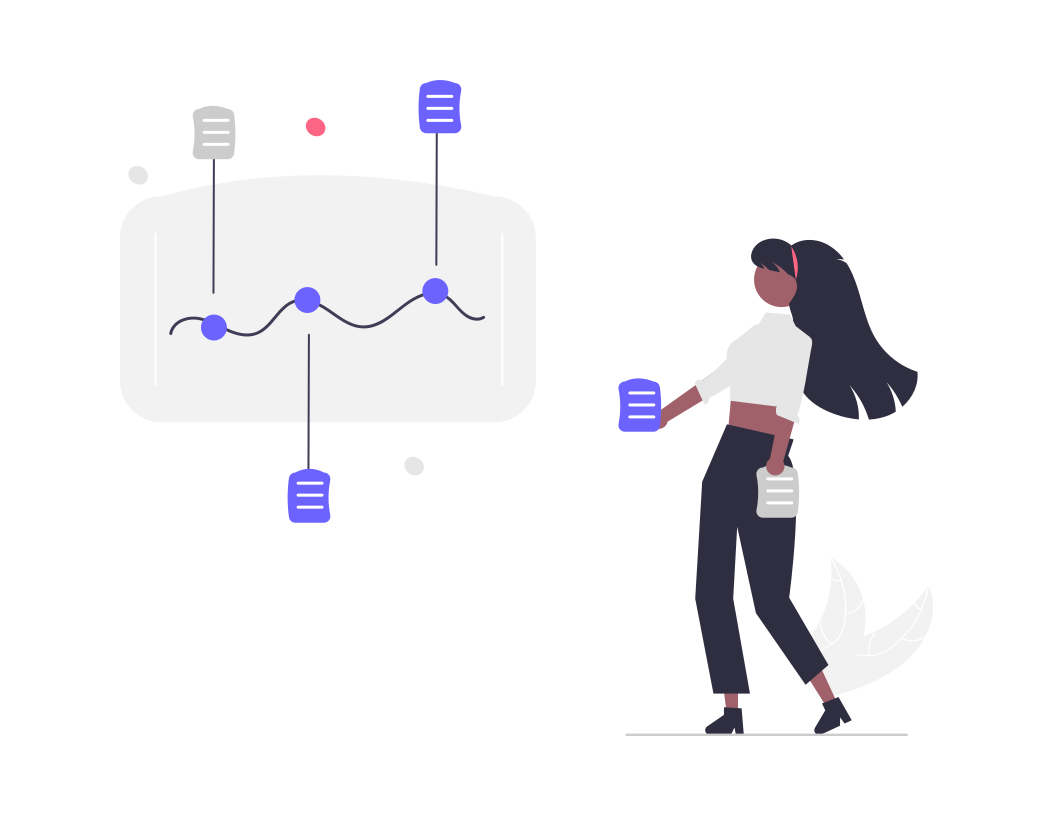Data-Driven Hiring: A New Era of Recruitment Intelligence
In the dynamic world of recruitment, the shift from intuition-based decisions to data-driven strategies marks a significant evolution. Data-driven hiring utilizes analytics to make informed decisions, offering a clearer understanding of hiring trends, predicting candidate success, and refining the recruitment process. This blog post delves into the transformative power of data analytics in hiring and how HR professionals can harness this approach to enhance their recruitment outcomes.
Data-Driven Hiring: Understanding the Basics
At its core, data-driven hiring involves collecting and analyzing various data points throughout the recruitment process. This approach moves beyond the traditional ‘gut feeling’ method, allowing recruiters to make decisions based on empirical evidence. By leveraging data, HR can identify patterns and insights that lead to more effective and efficient hiring strategies.
The Role of Analytics in Identifying Hiring Trends
One of the primary benefits of data-driven hiring is its ability to uncover trends within the job market and within specific industries. By analyzing application rates, skill sets of successful candidates, and sources of top talent, HR professionals can adapt their recruitment tactics to better align with the current market dynamics. This not only improves the quality of hires but also ensures that recruitment efforts are timely and relevant.

Predicting Candidate Success through Data
Another significant advantage of data-driven hiring is its predictive capabilities. By examining historical data, such as the performance of past hires, HR can identify which candidate attributes correlate with success in a given role. This includes analyzing skills, experience, and even personality traits. Predictive analytics can help reduce turnover rates by ensuring that new hires are a good fit for their roles and the company culture.
Improving the Recruitment Process with Data Insights
Data analytics also plays a crucial role in optimizing the recruitment process itself. By tracking metrics such as time-to-hire, cost-per-hire, and candidate satisfaction, HR departments can identify bottlenecks and inefficiencies. This information is invaluable for streamlining recruitment activities, enhancing candidate experience, and reducing costs. For instance, if data reveals a high drop-off rate at a specific stage in the application process, HR can investigate and implement changes to address the issue.
Implementing Data-Driven Hiring: Best Practices
For HR professionals looking to adopt data-driven hiring, starting with a solid data collection and analysis framework is crucial. This includes defining key performance indicators (KPIs) and ensuring that data is collected in a consistent and systematic way. Additionally, investing in the right tools and technologies, such as applicant tracking systems (ATS) and HR analytics platforms, can greatly enhance data analysis capabilities.
Conclusion: The Future of Hiring is Data-Driven
Data-driven hiring represents a paradigm shift in recruitment, offering a more objective, efficient, and effective approach to finding the right candidates. By embracing data analytics, HR professionals can gain deeper insights into hiring trends, predict candidate success with greater accuracy, and continually refine their recruitment processes. As the business world becomes increasingly data-centric, the adoption of data-driven hiring practices will no longer be optional but a necessity for those looking to stay competitive in the talent market.
Explore how to align your recruitment strategies with environmental sustainability in our comprehensive guide, “Sustainable Hiring Practices: How to Recruit with the Planet in Mind.”









